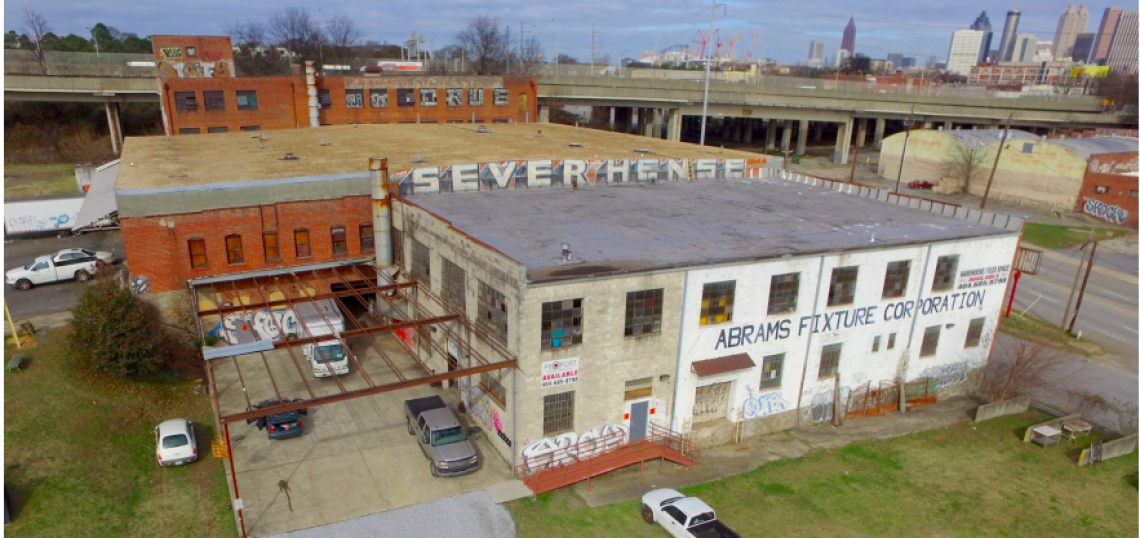Years in the making, the redevelopment of a historic factory complex in Southwest Atlanta is expected to begin in earnest next week, continuing a trend of large-scale, adaptive-reuse ventures in the area, project leaders tell Urbanize Atlanta.
Braden Fellman Group, a developer with lofts and apartment communities in its portfolio across Atlanta, plans to spend $15 million turning former Adair Park industrial hub Abrams Fixture Corporation into the latest mixed-use bet on downtown’s fringes.
A partial renovation of the Abrams complex was completed by a different owner in 2016. The property went to market three years later, and according to city records, it sold in January 2020 for $6.3 million.
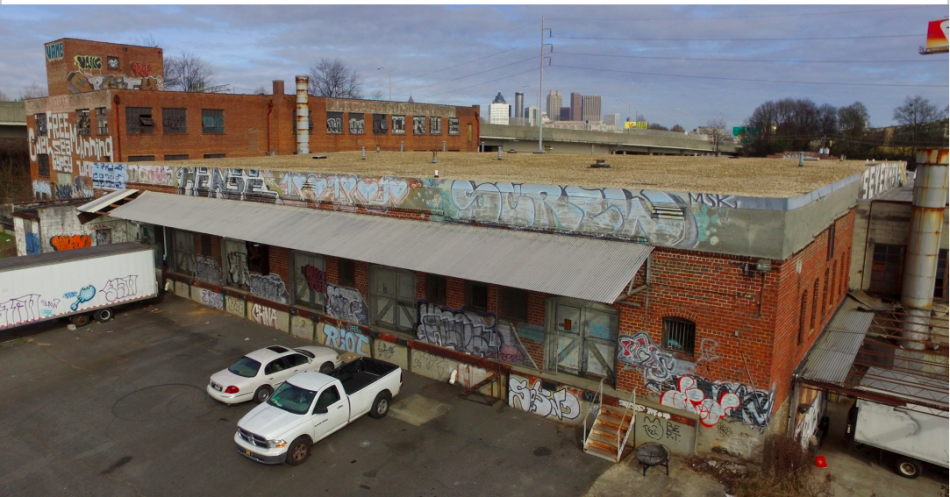 Former loading docks at the four-building complex. LoopNet/PHP Commercial
Former loading docks at the four-building complex. LoopNet/PHP Commercial
Abrams Fixture Corporation vacated the complex in the 1990s, leaving it to sit empty for the better part of decade. Artists, tradespeople, furniture dealers, and movie-industry workers seeking warehouse space have occupied the property in more recent years, but it’s largely been vacant, said Stuart Hope, a lead agent with Braden Fellman Group.
The 3.2-acre site at the corner of Northside Drive and Wells Street includes four buildings, totaling about 107,000 square feet.
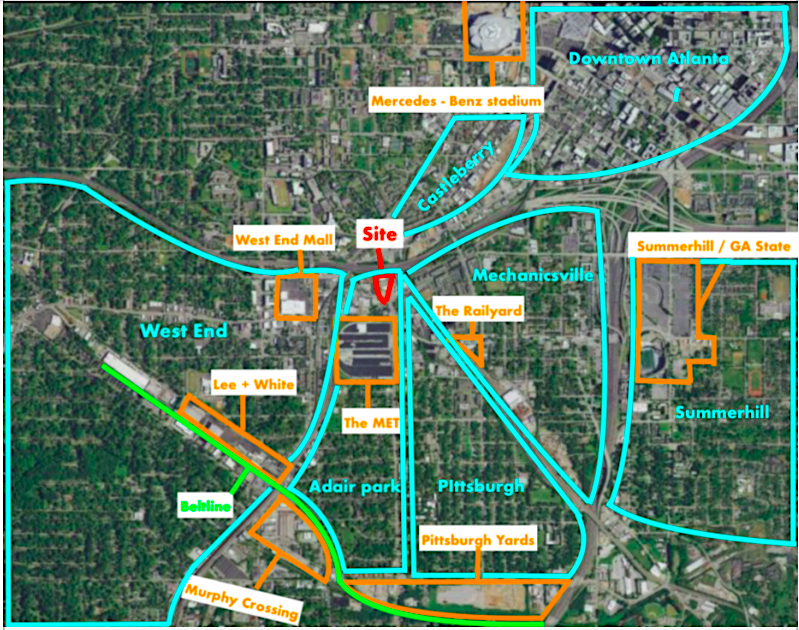 An outline of area landmarks provided in 2019 marketing materials. LoopNet/PHP Commercial
An outline of area landmarks provided in 2019 marketing materials. LoopNet/PHP Commercial
The development group’s plans call for 34 one-bedroom apartments, plus space for offices, retail, and restaurants. Hope said the goal is to infuse the new uses with historic character and open it all by winter 2022.
Hope's company has been working with historic consultants at Athens-based WLA Studio to collect and document the building’s history. They’re in the process of applying for historic tax credits.
David Mitchell, Atlanta Preservation Center executive director, said the oldest section of the complex—a four-story agricultural equipment factory at the north end—dates to 1920. For the next seven decades, the expanding property was home to “several important corporations with local and regional interest,” including the J. I. Case Company, Gate City Table Company, and lastly the namesake Abrams Fixture Corporation, per Mitchell.
By the ’70s, prominent Atlanta development firm Abrams Industries Incorporated had taken over the site, establishing a manufacturing headquarters and physically connecting each building.
For Atlanta, it remains a relatively rare example of an industrial type called a “slow-burn” or “mill” building—a style characterized by big steel fire doors, timber columns with cast iron supports, and no shortage of exterior brick, according to Mitchell.
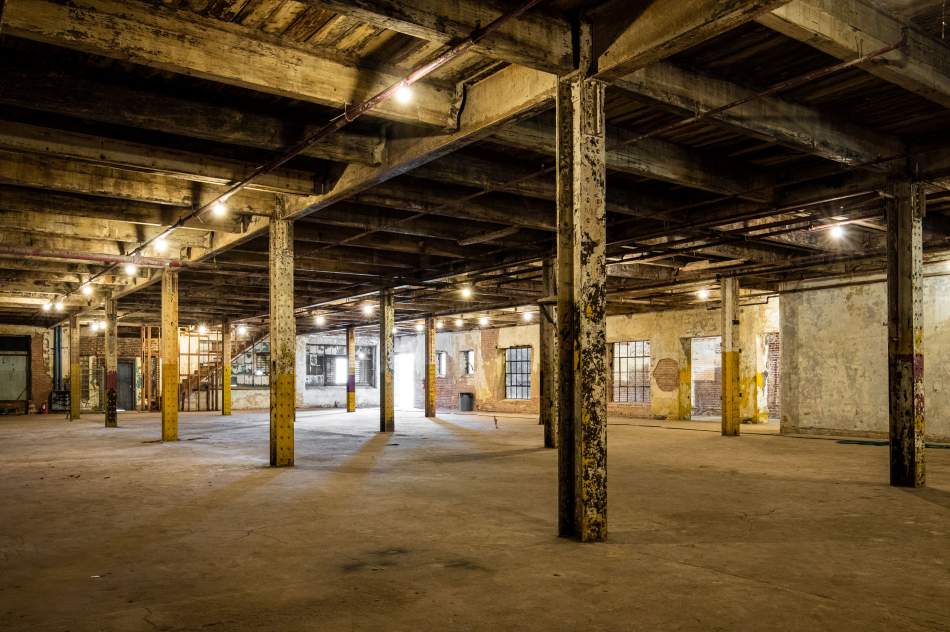 Courtesy of Braden Fellman Group
Courtesy of Braden Fellman Group
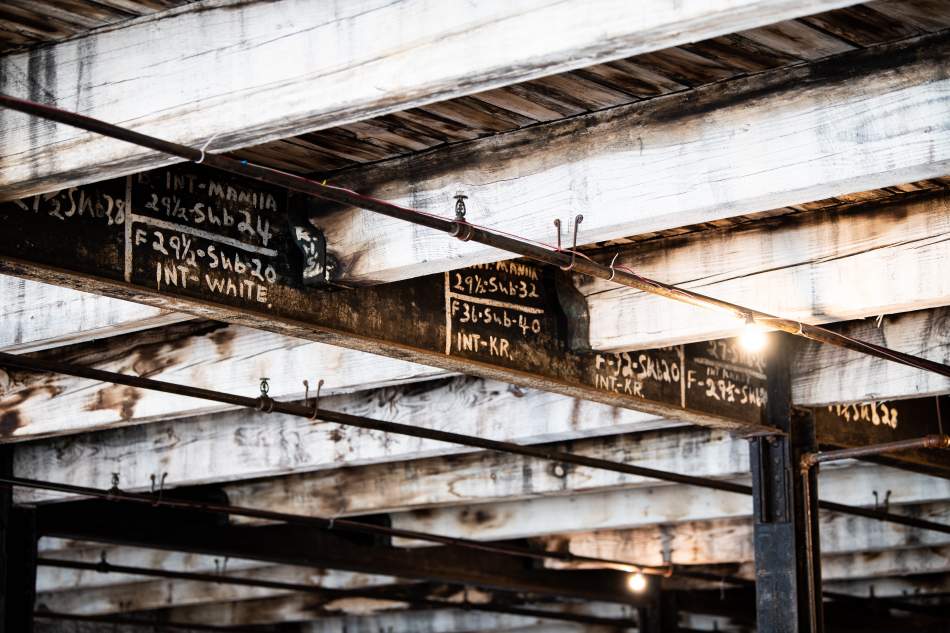 Courtesy of Braden Fellman Group
Courtesy of Braden Fellman Group
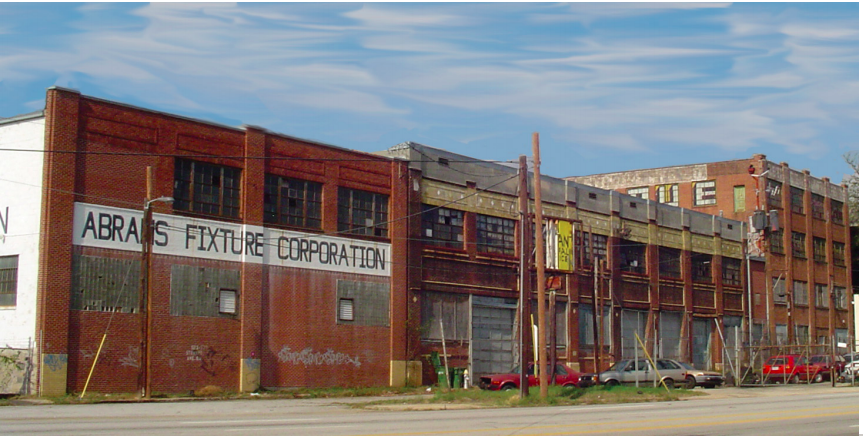 Frontage in the 500 block of Northside Drive NW. LoopNet/PHP Commercial
Frontage in the 500 block of Northside Drive NW. LoopNet/PHP Commercial
Mitchell said the developer, which has partnered with APC on the project and attended local meetings, is “dedicated to the building’s story and equally aware of the importance of community inclusion.”
The Abrams project will continue momentum for adaptive-reuse projects in Southwest Atlanta, which has been spurred in part by the introduction of the BeltLine's southwestern segment in 2017.
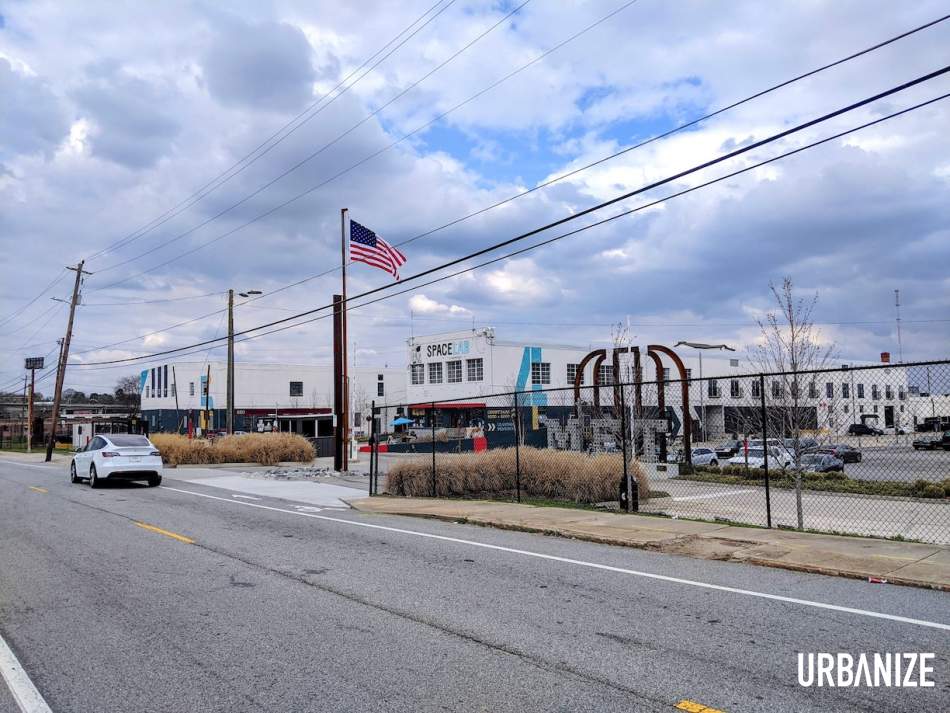 The 1.1-million-square-foot The Met complex is another example of adaptive-reuse in surrounding blocks. Josh Green/Urbanize Atlanta
The 1.1-million-square-foot The Met complex is another example of adaptive-reuse in surrounding blocks. Josh Green/Urbanize Atlanta
A stone's throw away, developer Carter has poured millions into redeveloping The Met, a 1.1-million-square foot historic warehouse complex. In nearby West End, Ackerman and Co. has recently launched the second phase of development at Lee + White along the BeltLine’s Westside Trail, which is set to include a food hall.
Meanwhile, a few blocks south of the Abrams buildings, on a site kitty-corner to The Met, Empire Communities has begun development of roughly 100 townhomes in Pittsburgh. Those units will be offered for rent at the corner of Metropolitan Parkway and Shelton Avenue.
For a deeper dive into the Abrams complex's "before" state prior to construction, visit the photo gallery above.
• Recent Adair Park news, discussion (Urbanize Atlanta)





